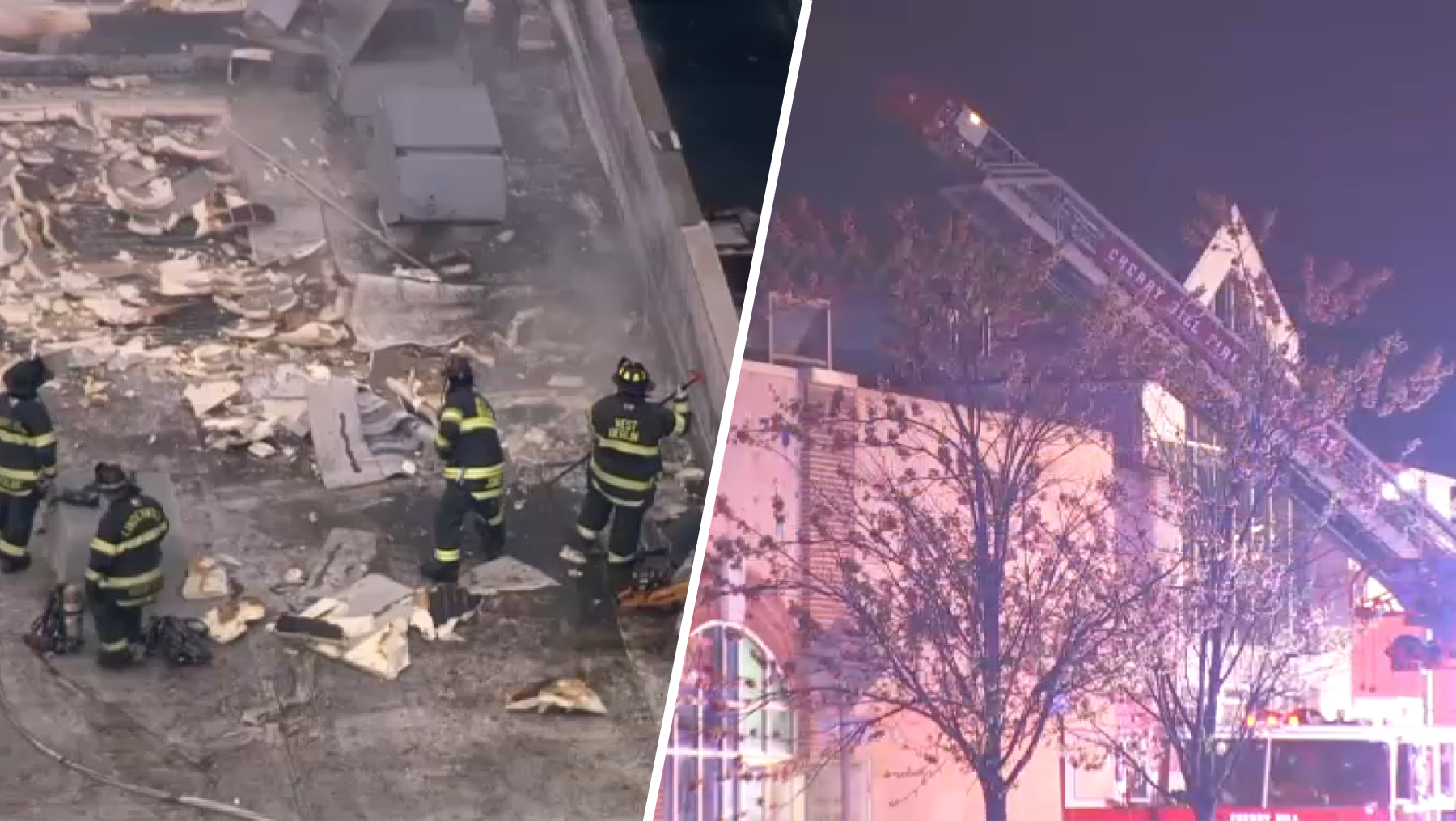New Jersey's worsening budget troubles may open the door for a measure to allow supermarkets to sell beer and wine, something most states already allow.

The measure has been stalled in the Legislature since last year, but given the tax revenue the state could make off increased wine sales -- and a proposed tax increase next year on those sales -- supporters are trying to revive it, arguing that selling wine and beer at grocery stores could make the state money and offer convenience to busy consumers.
According to the New Jersey Food Council, there are almost 400 dormant liquor licenses throughout the state. The Council estimates that the activating even half of those would generate at least $60 million in new revenue and $50 million per year after that in recurring revenue.
While 45 states allow such sales, New Jersey limits supermarket chains to two total liquor licenses. It also mandates the liquor be sold separately from groceries, usually in an adjoining store.
"Unlike other states that have open and transparent liquor markets, the anticompetitive New Jersey liquor system leaves money on the table as these licenses sit idle and the sales tax revenue that goes with them is unrealized in the state's coffers," said Linda Doherty, President of the New Jersey Food Council.
Facing a growing revenue shortfall as income and sales taxes plummeted this year, Gov. Jon S. Corzine proposed raising the tax on wine and liquor as part of his 2010 budget. Industry experts say that would amount to around $1 bottle on spirits and 75 cents per bottle on wine.
Local
Breaking news and the stories that matter to your neighborhood.
"If all options for economic recovery and revenue growth are on the table," Doherty said, "then wine should be on the table, too."
Major supermarket chains -- including QuickChek, Stop & Shop, SuperValu, Wegmans, Pathmark, Whole Foods Market and Albertsons, which owns Acme -- back the measure, saying consumers would be assured more convenience and choice with one-stop shopping and would save money.
The New Jersey law was adopted in 1962 to prevent price fixing and monopolization and to address organized crime.
Smaller liquor store owners fear the change would drive them out of business because bigger stores can buy in larger quantities and sell the alcohol cheaper.
Jeffrey Warsh, executive director of the New Jersey Wine and Spirits Wholesalers Association, said that Corzine's proposed alcohol tax will actually cost the state $60 million a year in lost sales, thereby nullifying any gain that resulted from allowing grocery stores to sell spirits. He also disputes that those in New Jersey need more convenient ways to purchase booze.



